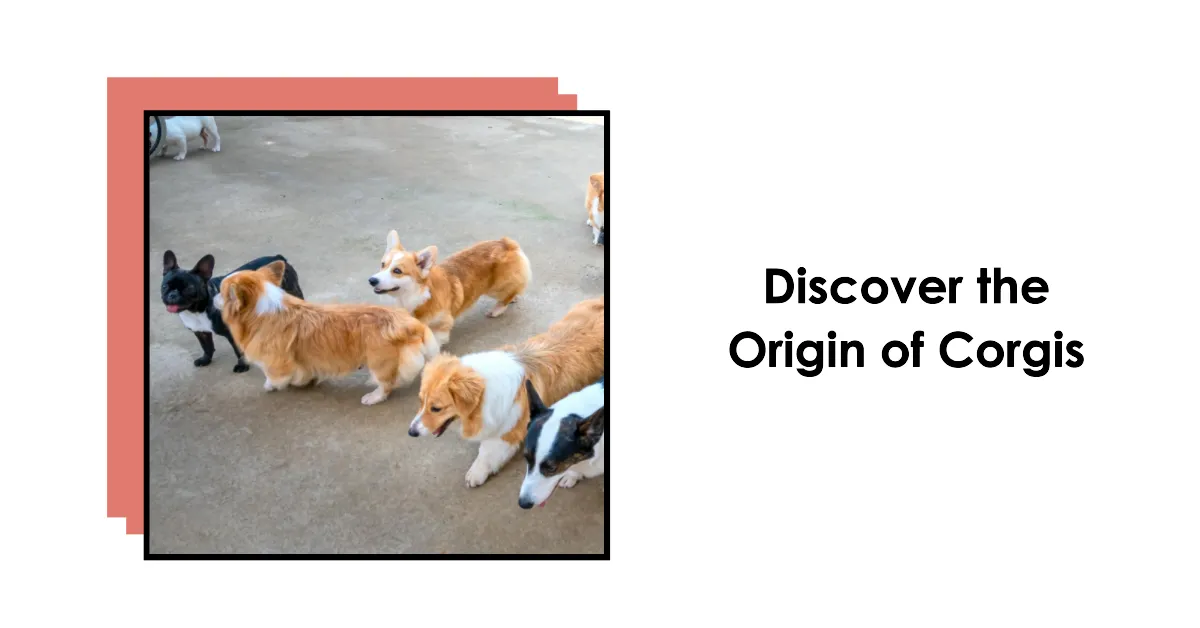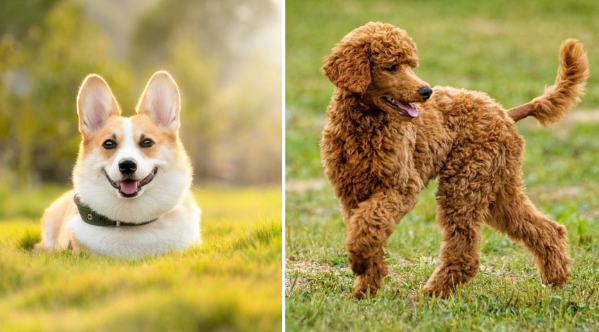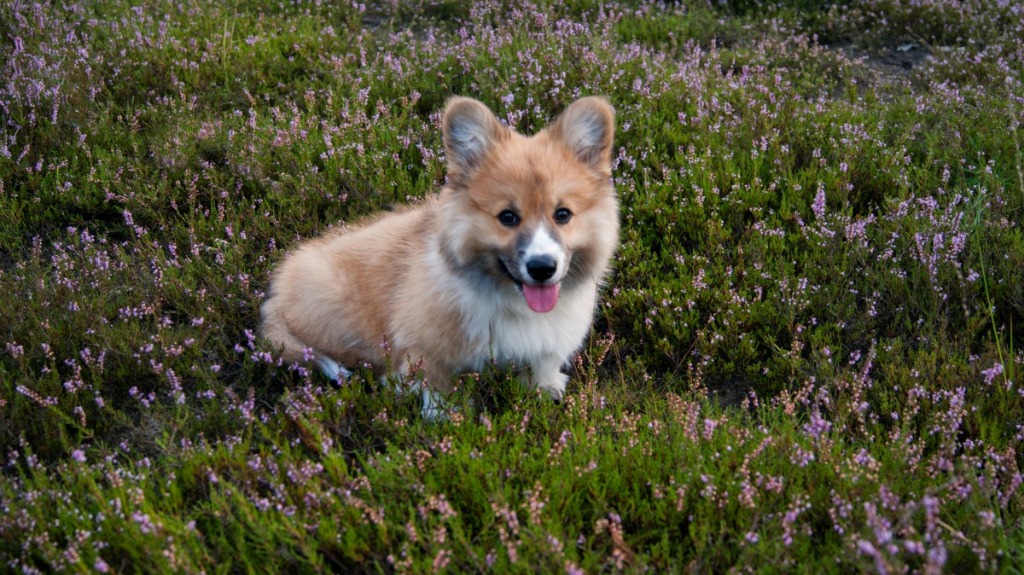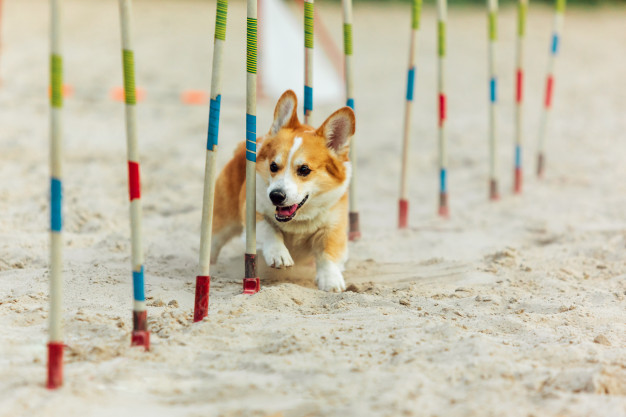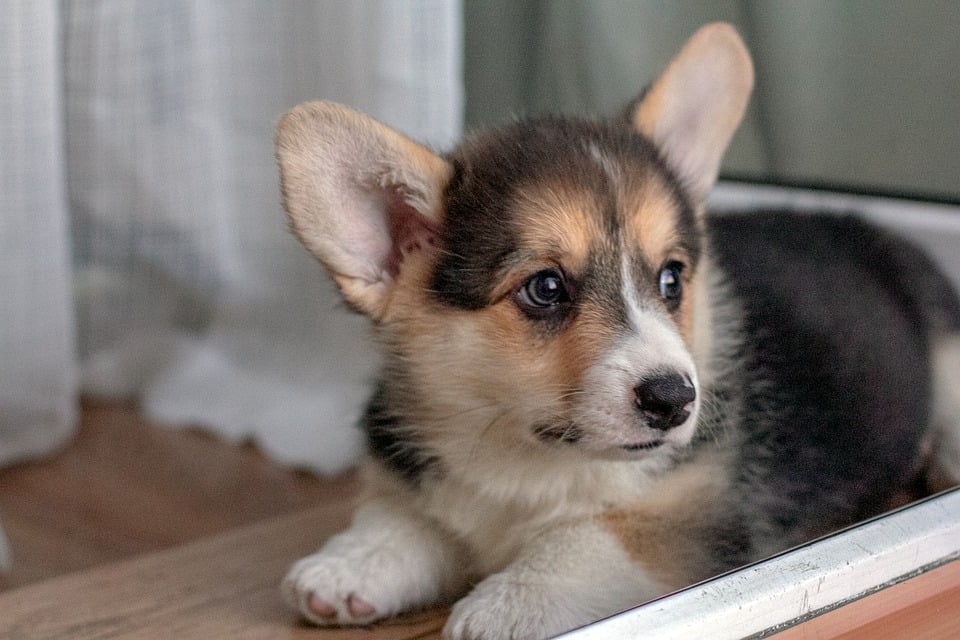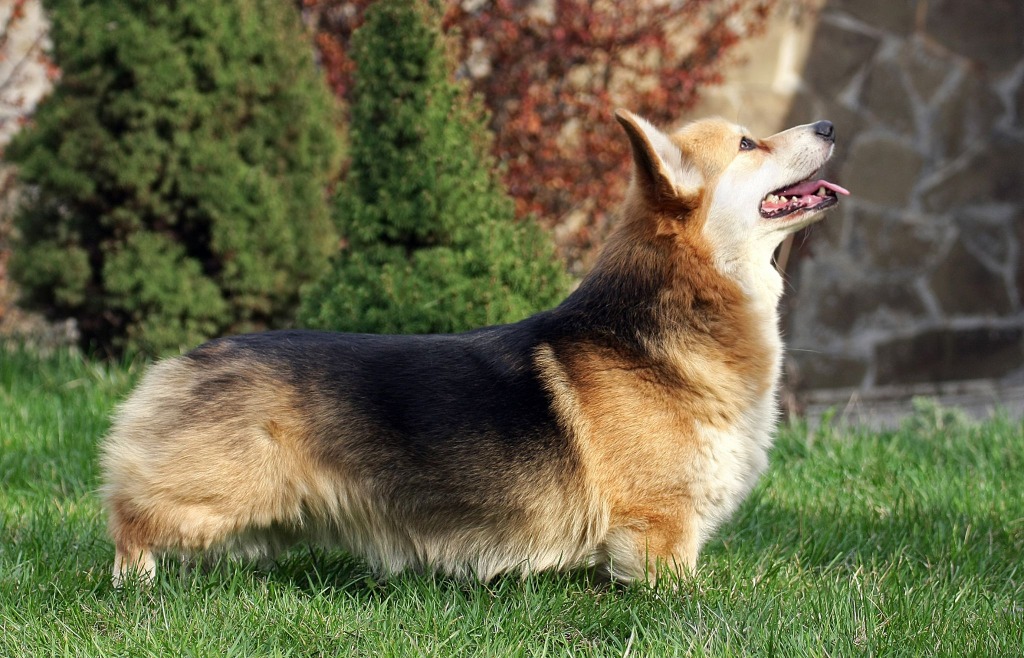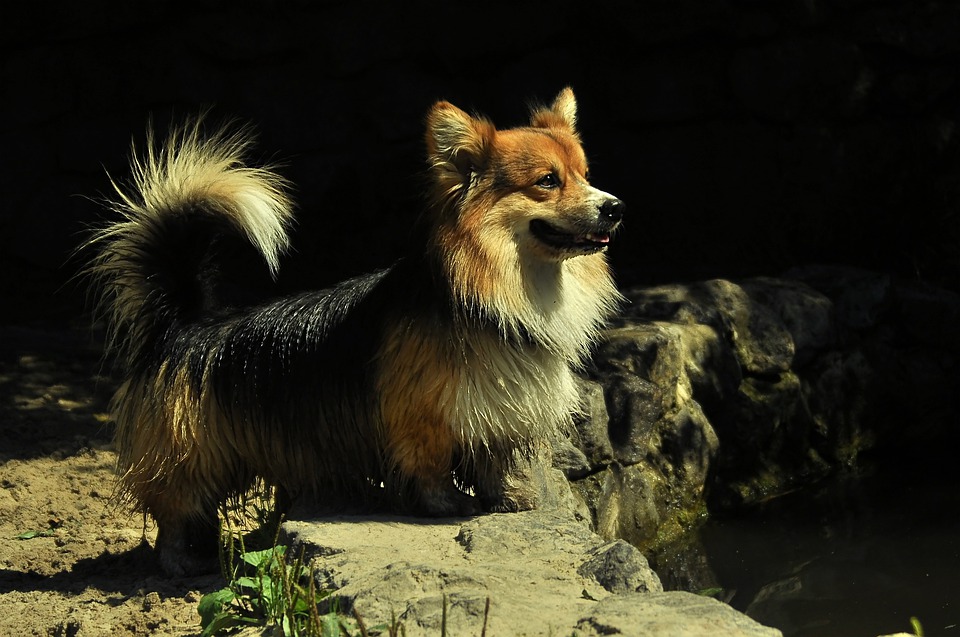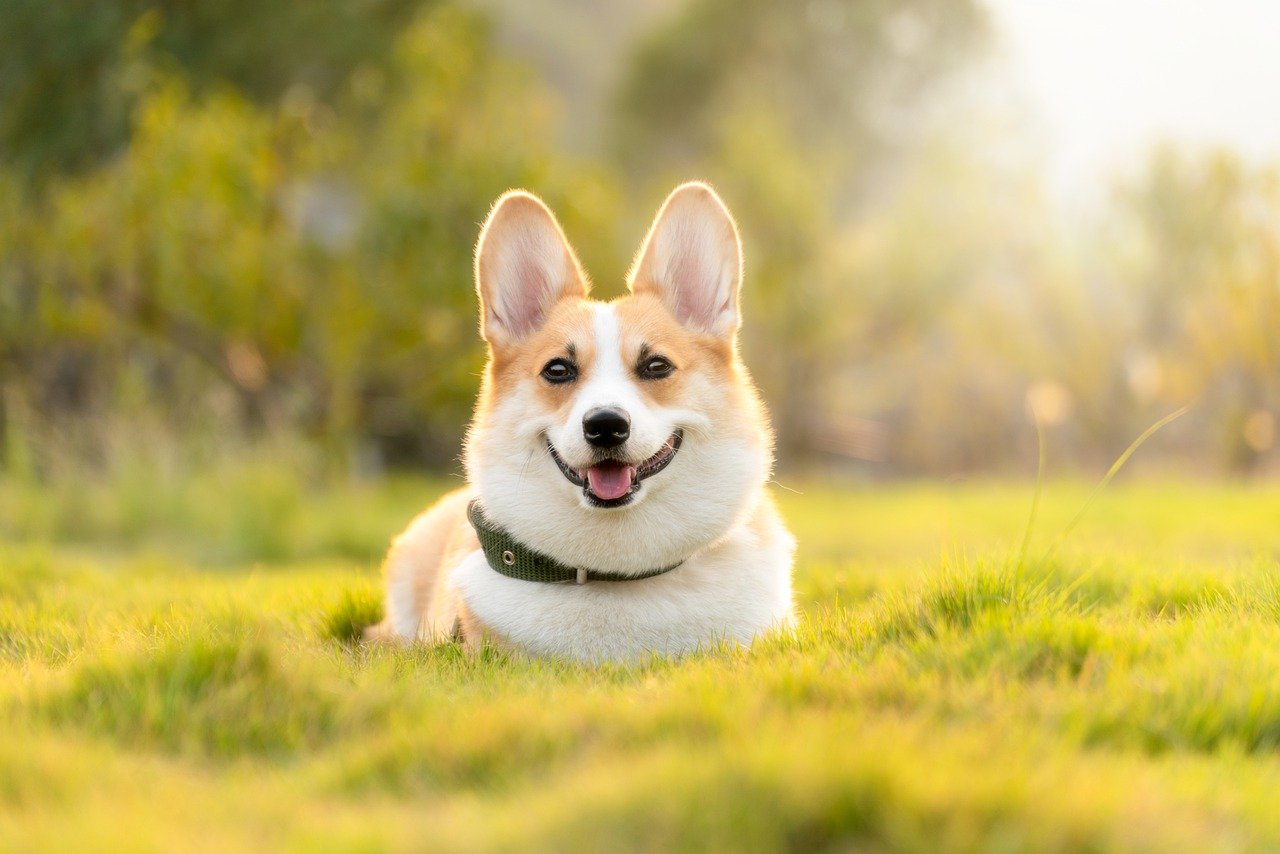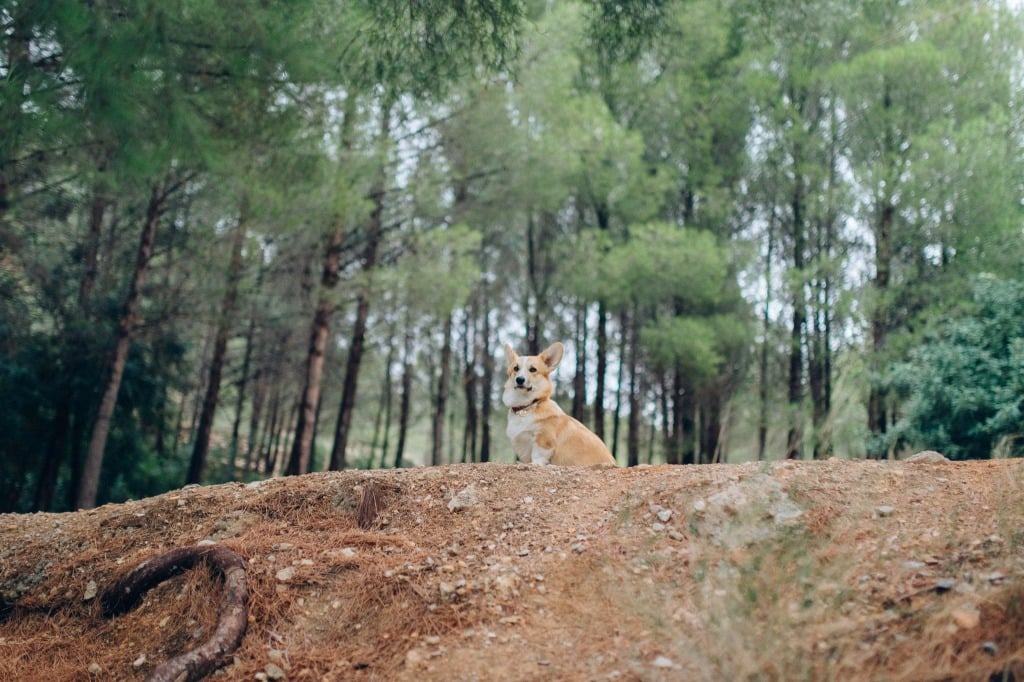The Art of Socializing Adult Corgis
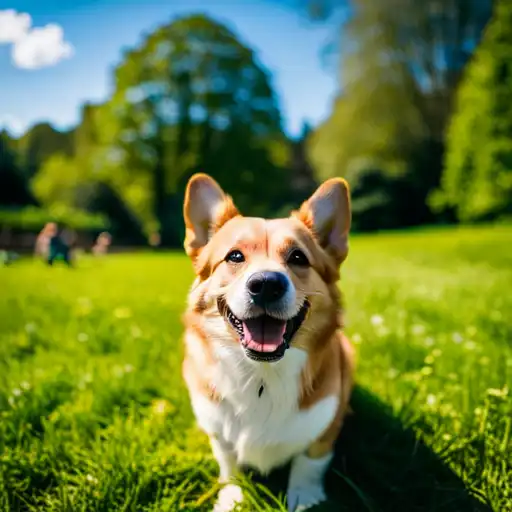
Are you ready to unleash the power of socialization for your adult corgi? If so, you're in the right place! Welcome to 'The Art of Socializing Adult Corgis', where we'll guide you through the ins and outs of helping your furry friend become a social butterfly.
Socialization is crucial for your corgi's well-being, and it's never too late to start. In this guide, we'll show you how to assess your corgi's current social skills, gradually expose them to new environments and situations, and use positive reinforcement training techniques to encourage good behavior.
We'll also dive into the world of introducing your corgi to other dogs and helping them have positive interactions with people.
So let's get started on this exciting journey of socializing your adult corgi!
Understanding the Importance of Socialization
You must understand the importance of socializing adult Corgis to ensure their overall well-being and happiness. Socialization plays a crucial role in preventing behavior issues and creating a well-adjusted dog. It's not just for puppies; even older Corgis can benefit from socializing.
By exposing them to various people, animals, and environments, you help them develop confidence and reduce anxiety. Socialization also helps prevent aggression and fear-based reactions.
Start slowly and gradually introduce your adult Corgi to new experiences. Take them on walks in different neighborhoods, invite friends and their dogs over for playdates, and enroll them in obedience classes. Remember, consistency is key. Positive reinforcement, treats, and praise will encourage their progress.
Socializing older Corgis may require more patience, but with time and effort, you can help them become well-rounded and happy companions.
Assessing Your Corgi's Current Social Skills
Now that you understand the importance of socialization for your adult Corgi, it's time to assess their current social skills.
Two key areas to observe are their behavior with other dogs and their interaction with strangers.
Does your Corgi get along well with other canines or do they display aggressive behavior?
Are they friendly and open to meeting new people or do they shy away?
These observations will help you determine where your Corgi stands in terms of socialization and what areas may need improvement.
Behavior With Other Dogs
Assess your adult corgi's current social skills with other dogs to ensure a harmonious interaction. It's important to understand how your corgi behaves around other dogs, especially if you plan on taking them to the dog park or introducing them to new furry friends.
Here are a couple of things to consider:
- Dog park etiquette: Observe how your corgi behaves in a social setting. Do they play well with others? Are they respectful of other dogs' boundaries? Keep an eye out for any signs of aggression or possessiveness towards toys or food.
- Managing aggression towards other dogs: If your corgi displays aggressive behavior towards other dogs, it's crucial to address and manage it. Consider seeking professional help from a dog trainer or behaviorist who can provide guidance and techniques to help your corgi overcome their aggression and interact safely with other dogs.
Interaction With Strangers
How does your adult corgi interact with strangers? It's important to assess their current social skills when it comes to meeting new people.
Some corgis may exhibit stranger anxiety, which means they feel uncomfortable or fearful around unfamiliar faces. This can manifest in various ways, such as hiding, trembling, or even growling.
On the other hand, some corgis may display fear aggression, which is when they become defensive and may snap or bite out of fear. It's crucial to address these behaviors early on to ensure the safety of both your corgi and those they encounter.
Professional trainers can help you work on desensitization techniques and positive reinforcement to help your corgi feel more at ease when meeting strangers.
Gradual Exposure to New Environments and Situations
Start by introducing your adult Corgi to new environments and situations gradually, using a methodical and patient approach. This will help them feel more comfortable and build their confidence over time. Here are a couple of strategies to consider:
- Slowly introducing adult corgis to new environments:
- Take your Corgi for short walks in different areas, gradually increasing the duration and distance.
- Visit new places that are calm and quiet, allowing your Corgi to explore at their own pace.
- Building confidence in adult corgis through exposure to new situations:
- Start by introducing them to new people and dogs one at a time, in controlled settings.
- Gradually expose them to different sounds, sights, and smells, using positive reinforcement to create positive associations.
Positive Reinforcement Training Techniques
Alright, let's talk about positive reinforcement training techniques for your adult corgi. These techniques have some great benefits, like creating a positive and happy learning environment for your furry friend.
Reward-Based Training Benefits
To effectively socialize adult corgis, you can enhance their training through the use of reward-based techniques, which involve reinforcing desired behaviors using positive reinforcement. This type of training isn't only effective but also beneficial for your corgi's overall well-being.
Here are some benefits of reward-based training techniques:
- Builds confidence: By rewarding your corgi for positive behaviors, you help boost their self-esteem and confidence. This is essential for their socialization process as it encourages them to interact with others and explore new environments.
- Strengthens the bond: Reward-based training techniques create a positive association between you and your corgi. When they learn that good behavior leads to rewards, they become more eager to please and form a stronger bond with you.
Remember, when using reward-based training techniques, consistency is key. Be patient, use treats or praise as rewards, and always keep the training sessions short and positive.
Effective Cues for Learning
Enhancing your adult corgi's training through effective cues for learning is crucial for their socialization. Using positive reinforcement techniques, such as effective communication and building trust, can help create a safe and enjoyable learning environment for your furry friend.
Effective communication is key when it comes to training your adult corgi. Clear and consistent cues, such as verbal commands or hand signals, can help them understand what you expect from them. Make sure to use positive reinforcement, like treats or praise, to reward their desired behavior. This will motivate them to repeat those actions in the future.
Building trust is also essential in their training journey. Establishing a bond based on trust and respect will make your corgi more receptive to learning. Be patient, kind, and understanding during the training process. Avoid punishment or harsh methods, as these can damage the trust you've built.
Consistency in Training
When training your adult corgi, it's imperative to maintain consistency and utilize positive reinforcement techniques to ensure effective learning. Consistency in training means setting clear expectations and sticking to them. This helps your corgi understand what's expected of them and reduces confusion.
Positive reinforcement techniques involve rewarding your corgi with treats, praise, or playtime when they exhibit desired behaviors. This approach builds confidence and reinforces the idea that good behavior is rewarded.
To make the most of your training sessions, consider the following:
- Set a regular training schedule to establish routine and consistency.
- Use clear and concise commands to avoid confusion.
- Break training into smaller, manageable steps to prevent overwhelming your corgi.
- Reward your corgi immediately after they perform the desired behavior to reinforce positive associations.
- Stay patient and remain consistent in your training approach.
Introducing Your Corgi to Other Dogs
If your adult Corgi isn't used to interacting with other dogs, it's important to gradually introduce them to new canine friends. Socializing corgis with other small breeds can be a great way to start. Begin by setting up controlled playdates with calm and friendly dogs of similar size. Choose a neutral location, like a park, and let them meet on leash while keeping a safe distance.
Observe their body language and make sure both dogs are comfortable before allowing them to interact off leash. Introducing your corgi to a multi-dog household requires a similar approach. Start by introducing them one at a time, in a neutral space, while keeping them on leash. Allow them to sniff each other and gradually increase their time together.
Always supervise their interactions and be ready to intervene if necessary. Remember, safety and comfort should always be the top priority when introducing your corgi to other dogs.
Encouraging Positive Interactions With People
To foster positive interactions with people, start by gradually exposing your corgi to different individuals in controlled settings. This will help them become more comfortable and confident when meeting new people.
Here are some tips to encourage positive interactions and teach your corgi boundaries while overcoming fear:
- Socialize your corgi from an early age to expose them to different people and situations.
- Use positive reinforcement techniques, such as treats and praise, to reward your corgi for calm and friendly behavior.
- Allow your corgi to approach people at their own pace, without forcing interactions.
- Create a safe space for your corgi to retreat to if they feel overwhelmed.
- Teach your corgi basic obedience commands, such as 'sit' or 'stay,' to help them feel more secure in social situations.
Maintaining Socialization Throughout Your Corgi's Life
Continue socializing your adult corgi to ensure they remain comfortable and confident in various social situations. Although adult corgis may already have a solid foundation in socialization, it's important to maintain their skills throughout their lives.
One of the challenges of maintaining socialization is that older corgis may become set in their ways and less receptive to new experiences. However, with patience and consistency, you can still help your corgi stay well-socialized.
Introduce your corgi to new people, animals, and environments regularly. Take them on walks in different neighborhoods, invite friends and their dogs over for playdates, and enroll them in obedience or agility classes.
Reinforce positive behavior and provide plenty of praise and rewards. Remember, socialization is an ongoing process that requires effort, but it's worth it to have a happy and well-adjusted corgi.

